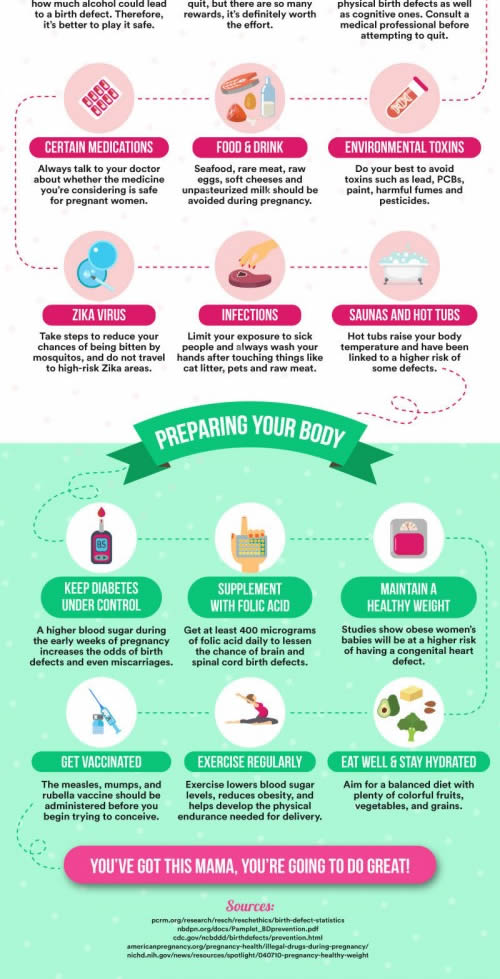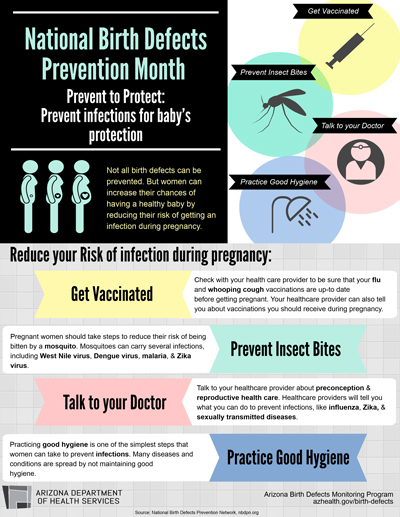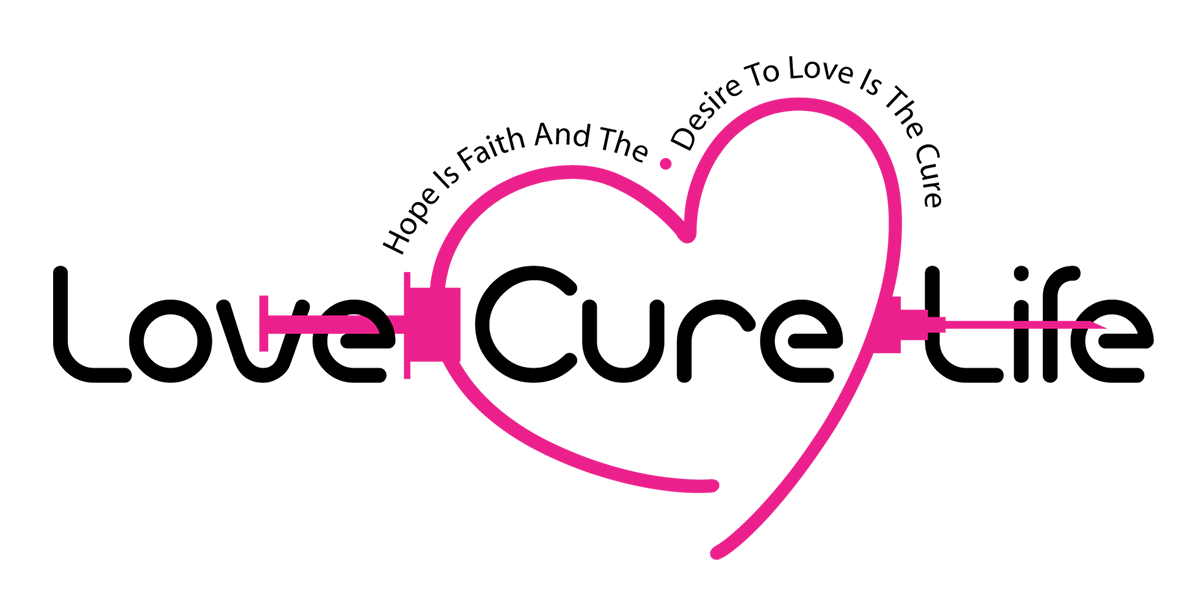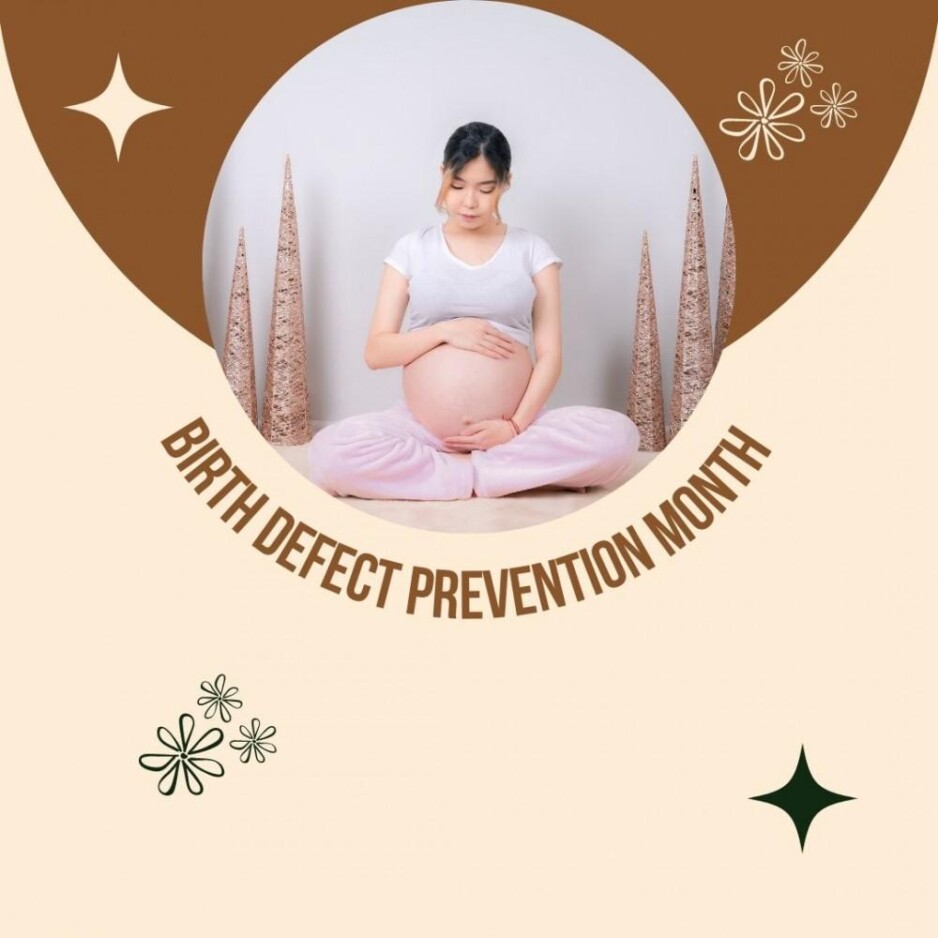
Introduction
Introduction to Birth Defects Prevention Month
January marks Birth Defects Prevention Month, a dedicated time for raising awareness on the prevention of birth defects. Healthcare organizations emphasize the importance of prenatal care and nutrition for expecting mothers during this period.
Importance of raising awareness about birth defects prevention
Highlighting the significance of preventing birth defects, this month serves to inform prospective parents about steps they can take for the health of their child. Awareness campaigns focus on the critical role of environment, behavior, and healthcare access in minimizing the risk of birth defects.

What are Birth Defects?
Overview of birth defects and their impact
Birth defects are structural or functional abnormalities that occur during fetal development. They can affect any part of the body and can vary in severity. These defects can have a significant impact on a child's physical, cognitive, and emotional health. Some birth defects may be detected before birth, while others may only become apparent after the child is born.
Common types of birth defects
There are various types of birth defects that can occur. Some common examples include:
- Structural birth defects: These involve abnormalities in the structure of body parts or organs, such as cleft lip or palate, heart defects, or spinal deformities.
- Chromosomal abnormalities: These are caused by alterations in the genetic material, such as Down syndrome or Turner syndrome.
- Metabolic disorders: These involve problems with the body's ability to process certain substances, resulting in conditions like phenylketonuria (PKU) or congenital hypothyroidism.
- Neural tube defects: These affect the development of the brain and spinal cord, such as spina bifida or anencephaly.
It is important to remember that not all birth defects can be prevented, but some measures can be taken to minimize the risks. Regular prenatal care, healthy lifestyle choices, and genetic counseling can play a crucial role in reducing the chances of birth defects.

Causes of Birth Defects
Genetic factors and hereditary conditions
Birth defects can be caused by genetic factors and hereditary conditions. These defects may be passed down from parents to their children through their genes. Chromosomal abnormalities, such as Down syndrome or Turner syndrome, are examples of birth defects caused by genetic factors. Genetic counseling can help individuals understand their risk of passing on certain conditions to their children.
Environmental factors and lifestyle choices
Environmental factors and lifestyle choices can also contribute to the development of birth defects. Exposure to certain medications, alcohol, tobacco, or illicit drugs during pregnancy can increase the risk of birth defects. Additionally, exposure to radiation, chemicals, or infections during pregnancy may also contribute to the occurrence of birth defects. It is important for expectant mothers to be cautious and make healthy choices to minimize these risks.
Note: It is crucial to consult with medical professionals for precise information and guidance regarding birth defects and their causes.

Importance of Prenatal Care
The role of prenatal care in preventing birth defects
- Prenatal care plays a crucial role in preventing birth defects by identifying potential risks early on.
- Regular check-ups and screenings during pregnancy help detect any issues that may increase the risk of birth defects.
- Healthcare professionals can provide guidance on proper nutrition, avoiding harmful substances, and managing existing health conditions.
- They can also recommend genetic counseling or additional testing when needed.
Tips for a healthy pregnancy and prenatal care
- Start prenatal care early and attend all scheduled appointments.
- Follow a balanced diet with essential nutrients for the health of both the mother and baby.
- Avoid smoking, alcohol, illicit drugs, and unnecessary medications.
- Get vaccinated against diseases that could harm the baby.
- Stay physically active and practice relaxation techniques.
- Manage stress and get enough rest.
Note: Always consult with healthcare providers for personalized advice and care during pregnancy.

Healthy Lifestyle and Nutrition
The importance of a healthy lifestyle during pregnancy
- Maintaining a healthy lifestyle during pregnancy is essential for the overall well-being of both the mother and the baby.
- Regular exercise can help improve circulation, reduce the risk of gestational diabetes, and promote a healthy weight gain.
- Adequate sleep and stress management techniques are crucial for the mother's overall health and to ensure proper fetal development.
- Avoiding exposure to environmental toxins and pollutants is important in preventing birth defects and promoting a healthy pregnancy.
Nutritional requirements and supplements for preventing birth defects
- Following a balanced diet that includes a variety of fruits, vegetables, whole grains, lean proteins, and dairy products is crucial for meeting the nutritional needs during pregnancy.
- Folic acid plays a vital role in preventing birth defects, and it is recommended that women take a supplement containing at least 400 micrograms of folic acid daily before and during early pregnancy.
- Iron-rich foods such as red meat, poultry, and leafy green vegetables should be included in the diet to prevent iron deficiency anemia.
- Omega-3 fatty acids, found in fish like salmon and sardines, are beneficial for the baby's brain and eye development.
- Calcium is important for the development of the baby's bones and teeth, and dairy products, fortified plant-based milk, and leafy green vegetables are good sources of calcium.
Note: It is advised to consult with healthcare providers for personalized advice and care during pregnancy.

Healthy Lifestyle and Nutrition
The importance of a healthy lifestyle during pregnancy
- Maintaining a healthy lifestyle during pregnancy is essential for the overall well-being of both the mother and the baby.
- Regular exercise can help improve circulation, reduce the risk of gestational diabetes, and promote a healthy weight gain.
- Adequate sleep and stress management techniques are crucial for the mother's overall health and to ensure proper fetal development.
- Avoiding exposure to environmental toxins and pollutants is important in preventing birth defects and promoting a healthy pregnancy.
Nutritional requirements and supplements for preventing birth defects
- Following a balanced diet that includes a variety of fruits, vegetables, whole grains, lean proteins, and dairy products is crucial for meeting the nutritional needs during pregnancy.
- Folic acid plays a vital role in preventing birth defects, and it is recommended that women take a supplement containing at least 400 micrograms of folic acid daily before and during early pregnancy.
- Iron-rich foods such as red meat, poultry, and leafy green vegetables should be included in the diet to prevent iron deficiency anemia.
- Omega-3 fatty acids, found in fish like salmon and sardines, are beneficial for the baby's brain and eye development.
- Calcium is important for the development of the baby's bones and teeth, and dairy products, fortified plant-based milk, and leafy green vegetables are good sources of calcium.
Note: It is advised to consult with healthcare providers for personalized advice and care during pregnancy.
Vaccinations and Medications
The significance of vaccinations in preventing birth defects
- Vaccinations are crucial during pregnancy as they can protect both the mother and the baby from serious illnesses.
- Immunizations against diseases like rubella, tetanus, and influenza are recommended to prevent birth defects and complications.
- It is important for pregnant women to follow the vaccination schedule recommended by healthcare providers to ensure maximum protection.
Safe use of medications during pregnancy
- It is essential for pregnant women to consult with healthcare providers before taking any medications, including over-the-counter drugs and herbal supplements.
- Certain medications can pose risks to the developing baby and should be avoided or used with caution under medical supervision.
- Healthcare providers can provide guidance on safe alternatives and help pregnant women make informed decisions about medication use.
Note: This information is not exhaustive, and individual medical advice should be sought.

Healthy Lifestyle and Nutrition
The importance of a healthy lifestyle during pregnancy
– Maintaining a healthy lifestyle during pregnancy is essential for the overall well-being of both the mother and the baby.- Regular exercise can help improve circulation, reduce the risk of gestational diabetes, and promote a healthy weight gain.- Adequate sleep and stress management techniques are crucial for the mother's overall health and to ensure proper fetal development.- Avoiding exposure to environmental toxins and pollutants is important in preventing birth defects and promoting a healthy pregnancy.
Nutritional requirements and supplements for preventing birth defects
– Following a balanced diet that includes a variety of fruits, vegetables, whole grains, lean proteins, and dairy products is crucial for meeting the nutritional needs during pregnancy.- Folic acid plays a vital role in preventing birth defects, and it is recommended that women take a supplement containing at least 400 micrograms of folic acid daily before and during early pregnancy.- Iron-rich foods such as red meat, poultry, and leafy green vegetables should be included in the diet to prevent iron deficiency anemia.- Omega-3 fatty acids, found in fish like salmon and sardines, are beneficial for the baby's brain and eye development.- Calcium is important for the development of the baby's bones and teeth, and dairy products, fortified plant-based milk, and leafy green vegetables are good sources of calcium.
Note: It is advised to consult with healthcare providers for personalized advice and care during pregnancy.
Vaccinations and Medications
The significance of vaccinations in preventing birth defects
– Vaccinations are crucial during pregnancy as they can protect both the mother and the baby from serious illnesses.- Immunizations against diseases like rubella, tetanus, and influenza are recommended to prevent birth defects and complications.- It is important for pregnant women to follow the vaccination schedule recommended by healthcare providers to ensure maximum protection.
Safe use of medications during pregnancy
– It is essential for pregnant women to consult with healthcare providers before taking any medications, including over-the-counter drugs and herbal supplements.- Certain medications can pose risks to the developing baby and should be avoided or used with caution under medical supervision.- Healthcare providers can provide guidance on safe alternatives and help pregnant women make informed decisions about medication use.
Note: This information is not exhaustive, and individual medical advice should be sought.
Environmental Hazards
Identifying and avoiding environmental hazards during pregnancy
– Pregnant women should be aware of potential environmental hazards such as smoking, secondhand smoke, pesticides, and chemicals.- Avoiding exposure to these hazards can help prevent birth defects and other health problems for both the mother and the baby.- It is important to maintain good indoor air quality by avoiding harsh cleaning products and ensuring proper ventilation.
Steps to create a safe environment for the baby
– Creating a safe environment for the baby involves keeping the home clean and free from hazards.- Ensuring a smoke-free environment, using non-toxic cleaning products, and removing or securing any potential choking or strangulation hazards are crucial steps.- Regularly testing for lead and other harmful substances in the home can also help create a safe environment for the baby.

Genetic Testing and Counseling
Overview of genetic testing options
– Genetic testing can help identify any genetic abnormalities or defects that may be present in the baby.- Different types of genetic tests, such as carrier screening and prenatal diagnostic testing, can provide valuable information about the risk of certain birth defects.- Carrier screening is recommended for couples who are planning to have children to determine if they carry any genetic conditions that could be passed on to their offspring.- Prenatal diagnostic testing, such as chorionic villus sampling (CVS) and amniocentesis, can provide more detailed information about the baby's genetic makeup during pregnancy.
The role of genetic counseling in birth defects prevention
– Genetic counseling involves meeting with a healthcare professional who specializes in genetics to discuss the risk of birth defects and understand the implications of genetic test results.- Genetic counselors can help individuals and couples make informed decisions about genetic testing and provide support throughout the process.- They can also educate individuals about ways to reduce the risk of birth defects through lifestyle changes and proper prenatal care.- Genetic counseling can help individuals understand their genetic makeup and make decisions based on their specific circumstances.
Note: It is advised to consult with healthcare providers and genetic counselors for personalized advice and information regarding genetic testing and counseling.

Genetic Testing and Counseling
Overview of genetic testing options
– Genetic testing identifies genetic abnormalities or defects in babies.- Types include carrier screening and prenatal diagnostic testing.- Carrier screening checks for genetic conditions in potential parents.- Prenatal diagnostic testing provides detailed information during pregnancy.
The role of genetic counseling in birth defects prevention
– Genetic counseling helps understand the risk of birth defects.- Genetic counselors aid in decision-making and provide support.- They educate about lifestyle changes and proper prenatal care.- Genetic counseling helps individuals make informed decisions.
Note: Consult healthcare providers and genetic counselors for personalized advice and information.

